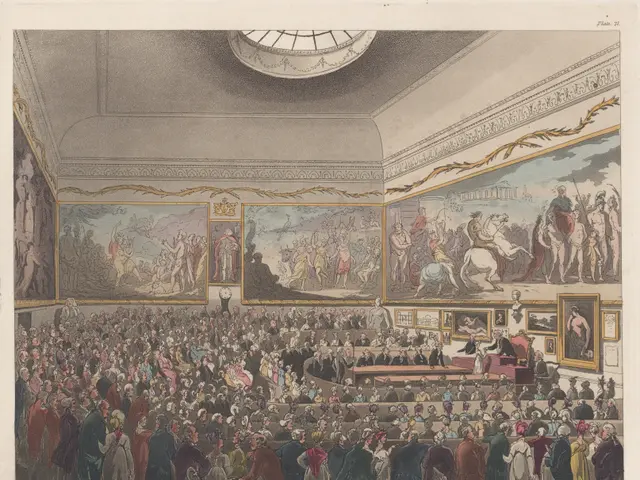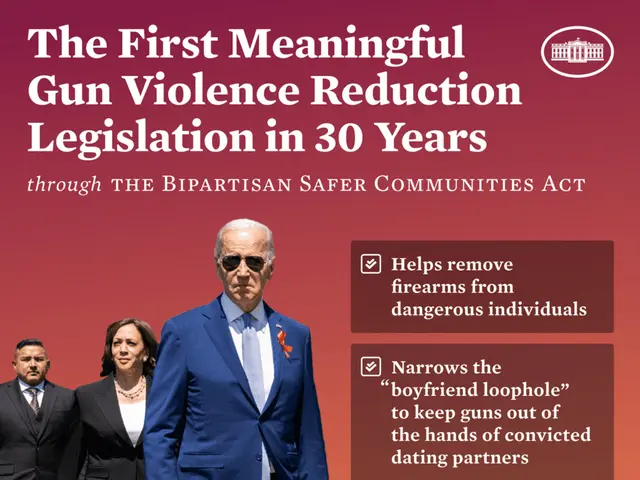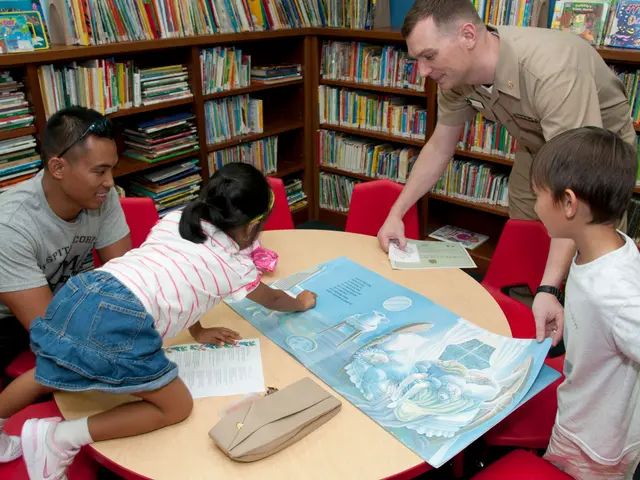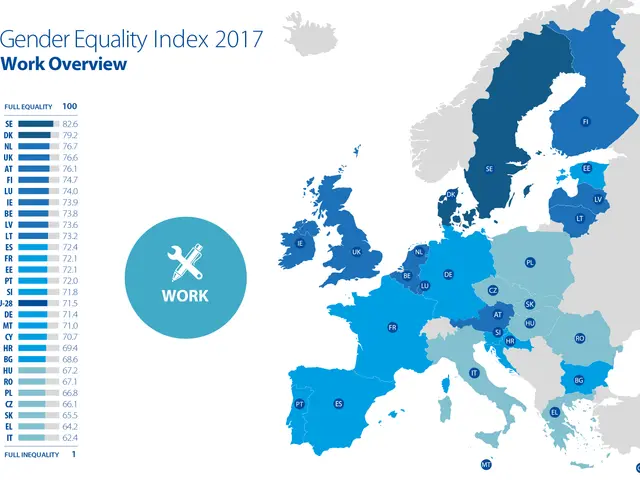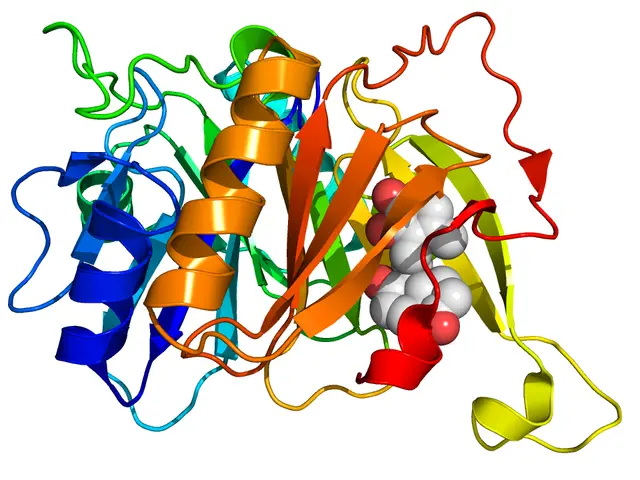Unconditional Love: An Ongoing Saga, Perhaps Not Constantly Consistent
Love Unleashed: Navigating the Limits of Unconditional Love
From my childhood memories, I've heard, "Love unconditionally," but is it always wise to love without restraint? This question has always left me puzzled. Here, I delve into the ins and outs of unconditional love, shedding light on its intricate dynamics.
People often glorify love with phrases like, "Love expecting no returns," another rephrased version of "Love unconditionally." But putting love on a pedestal without expecting anything in return, be it both materialistic or emotional, isn't the key to a successful relationship.
Loving unconditionally is great, but not to an extent that you fail to recognize and acknowledge your worth or overlook the other person's flaws. True love means admiring the person's goodness despite their imperfections, but there are boundaries to this acceptance.
Every relationship necessitates some conditions. For instance, being in a loving relationship does not mean tolerating disrespect, neglect, or mistreatment. Love should always be a harmonious blend of unwavering commitment and clearly-established boundaries that prioritize mutual respect and personal safety.
In a family setting, especially between parents and children, it may seem tempting to love unconditionally, meaning accepting every flaw without resistance. However, this approach is not healthy, as it may indirectly justify harmful actions or fail to guide children along the path of positive growth. True unconditional love should encourage personal development while offering unwavering emotional support.
Friendships too require a fine balance between unconditional love and self-respect. Loving someone unconditionally does not mean overlooking repeated negative behavior or tolerating toxicity. Instead, it signifies offering support and acceptance within the limits of self-respect and well-being. Healthy friendships thrive on mutual understanding, loyalty, and a shared commitment to each other's growth.
In all kinds of relationships, loving unconditionally does not mean sacrificing your own needs or compromising your emotional safety. It is possible to love someone deeply, even from a distance, if it helps preserve peace, harmony, and self-respect. Remember, true unconditional love prioritizes the emotional and mental well-being of both parties involved.
So, go ahead and love unconditionally, but with a fair understanding of the boundaries and limitations that apply to each unique relationship. Don't let your love define you or dictate your actions. It is acceptable to set boundaries and draw lines that prioritize your mental health and self-respect. After all, it is essential to love yourself first before loving others.
In conclusion, unconditional love, when understood and practiced with wisdom, fosters deep connections, empowers personal growth, and encourages emotional well-being. So, love generously without compromising your core values, and cherish those relationships that truly bring out the best in you.
Originally Published on Medium.
Share this:
Like this:
In the realm of love and dating, unconditional love should be tempered with self-respect and awareness of personal worth. While it's crucial to acknowledge the other person's flaws, it's equally important to establish boundaries to maintain mutual respect and emotional safety.
Moreover, in the context of education and self-development, unconditional love within a parent-child relationship should encourage personal growth, rather than accepting harmful actions without resistance. A balanced approach that combines emotional support and guidance for positive growth is essential.
Lastly, in relationships, be they friendships or professional ties, unconditional love doesn't mean tolerating toxicity or negative behavior. It's about maintaining a healthy balance between offering support and respecting one's own well-being. Such relationships thrive on mutual understanding, loyalty, and a shared commitment to self-development and personal growth.

